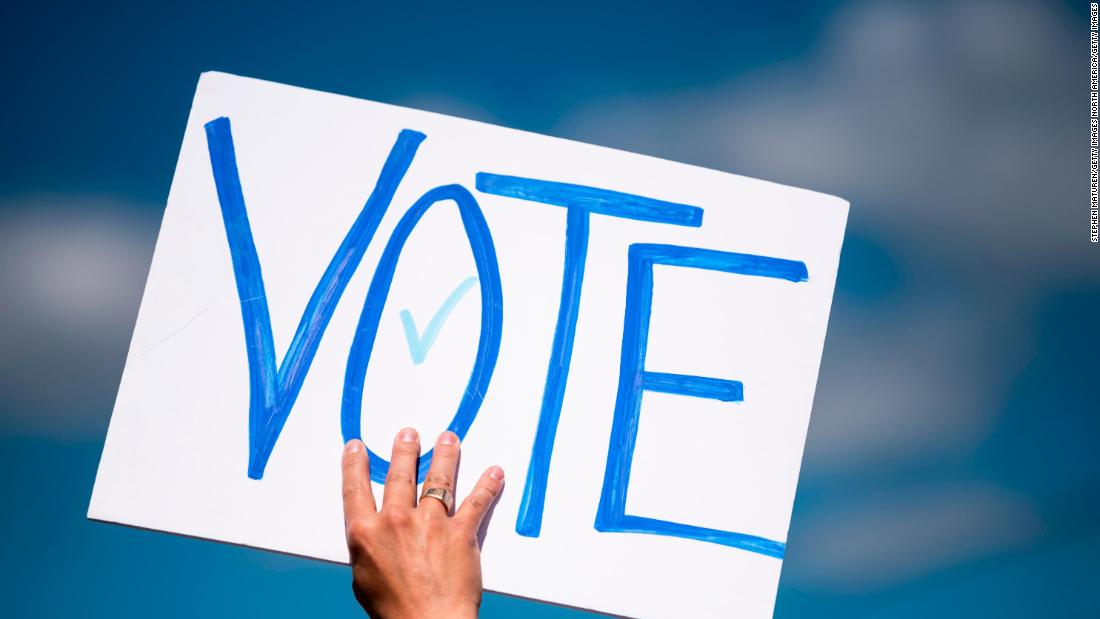That's why poll taxes are seen as one of the darkest stains on America's history -- and it's why, in recent months, there has been so much
outrage at laws in states requiring citizens to purchase
expensive forms of identification to vote for as much as $250 in some cases.
But here's the truth: There are already so many rights that Americans living in poverty can't access simply because they can't afford a lawyer. This
includes rights in housing, veterans' benefits, disability access and many other areas of our civil justice system. This is called the access to justice gap, and it's one of the most urgent -- and under-discussed -- civil rights issues of our time.
If you've ever watched an episode of CSI or Law and Order, you've heard the phrase: "If you can't afford a lawyer, one will be appointed for you." What you might not know, however, is that this protection
applies only to criminal cases, not civil ones, even though both have the power to shape lives -- and livelihoods -- forever.
If, for instance, you are wrongfully evicted from your home and need to appeal; or if you suffer a medical emergency and need to declare bankruptcy; if you are in an abusive relationship and need a restraining order; if you are being unfairly sued by a debt collector and need to fight back, you can only do so if you can afford to pay hundreds or even thousands of dollars in legal fees. And four out of every five low-income Americans cannot.
It's estimated that only one in 10 tenants
battling eviction arrive at court with a lawyer by their side, even though you're twice as likely to
receive a favorable judgment if you have one. And even
fewer Americans have legal representation when they are being sued by debt collectors.
It's madness: Our country has designed its system of poverty law in such a way that you can only access your rights if you can pay a fee. This defies not just decency but common sense, because if you're facing bankruptcy, eviction or debt collection you are, by definition, probably not going to be able to afford a lawyer.
This injustice barely registers in the national conversation about civil rights -- yet it
prevents millions of Americans, who are
disproportionately Black and brown, from enjoying their basic protections.
If you're starting to feel angry, remember this: There is a long legacy of expanding access to the legal system in America. Those Miranda Rights you hear read to suspects on detective shows? They weren't written into our Constitution in 1787. They were secured through cases like
Gideon v. Wainwright in 1963, which guaranteed a right to counsel in criminal cases, and
Miranda v. Arizona in 1966, which required people suspected of a crime to be informed of their rights to remain silent and to obtain an attorney.
Now, it's our turn to build on that progress -- and with much of the aid that has helped Americans make it through the pandemic set to expire, we have no time to wait.
We can start by committing more funding to civil legal aid lawyers who can provide free legal services to low-income families. For decades, the
Legal Services Corporation (LSC), a nonpartisan, nonprofit organization established by Congress, has taken on this important work as the largest
source of funding for civil legal assistance to low-income families. But Congress has never provided the LSC with the
funding it needs to assist our most marginalized communities.
These include Americans at risk of eviction, victimized by domestic violence and abused by illegal debt collectors. That's why, as co-founder and chair of the House of Representatives' Access to Legal Aid Caucus, Joe increased the amount of funding the LSC
received by $90 million and, at the beginning of the coronavirus crisis,
advocated for an additional $2.5 billion in funding to help tenants at risk of eviction, in particular. And it's why, as part of President Joe Biden's
commitment to "expand access to legal representation," we believe the President should aggressively call on Congress to better support the LSC.
In addition to boosting funding for legal aid, we can also change the system so more people can get the advocates they need -- and even advocate for themselves.
That means exploring training nonprofit professionals to shepherd low-income families through the system when dealing with the kind of legal challenges you don't need a specialized degree to navigate -- just as nurse practitioners fill in when doctors aren't necessary. And it means simplifying the forms, processes and court proceedings that make up our legal system, giving more Americans agency to access their rights on their own whenever possible.
That's what Upsolve, a nonprofit that Rohan launched in 2016 to empower families to file bankruptcy for free and relieve their debt on their own, has made possible for over 7,000 Americans. These are folks like Danielle Venus, who had no way to climb out from under $55,000 in emergency medical bills from a near-fatal car accident, even working three jobs. Using a streamlined web app, she was able to access her bankruptcy protections and return to her life, debt-free.
But we also know she is the exception, not the rule. All across America, millions of people living in poverty are unable to avoid unimaginable suffering -- the loss of a house, a violent marriage, an empty fridge -- because the legal system is built to keep them out.
That's why we need a new civil right in this country: the right to access your rights, regardless of how much money you have in your bank account. Because the promise of America is that we are all equal under the law. And that should hold true, whether you can afford a lawyer or not.
















0 Response to "We need a new civil right - CNN"
Post a Comment